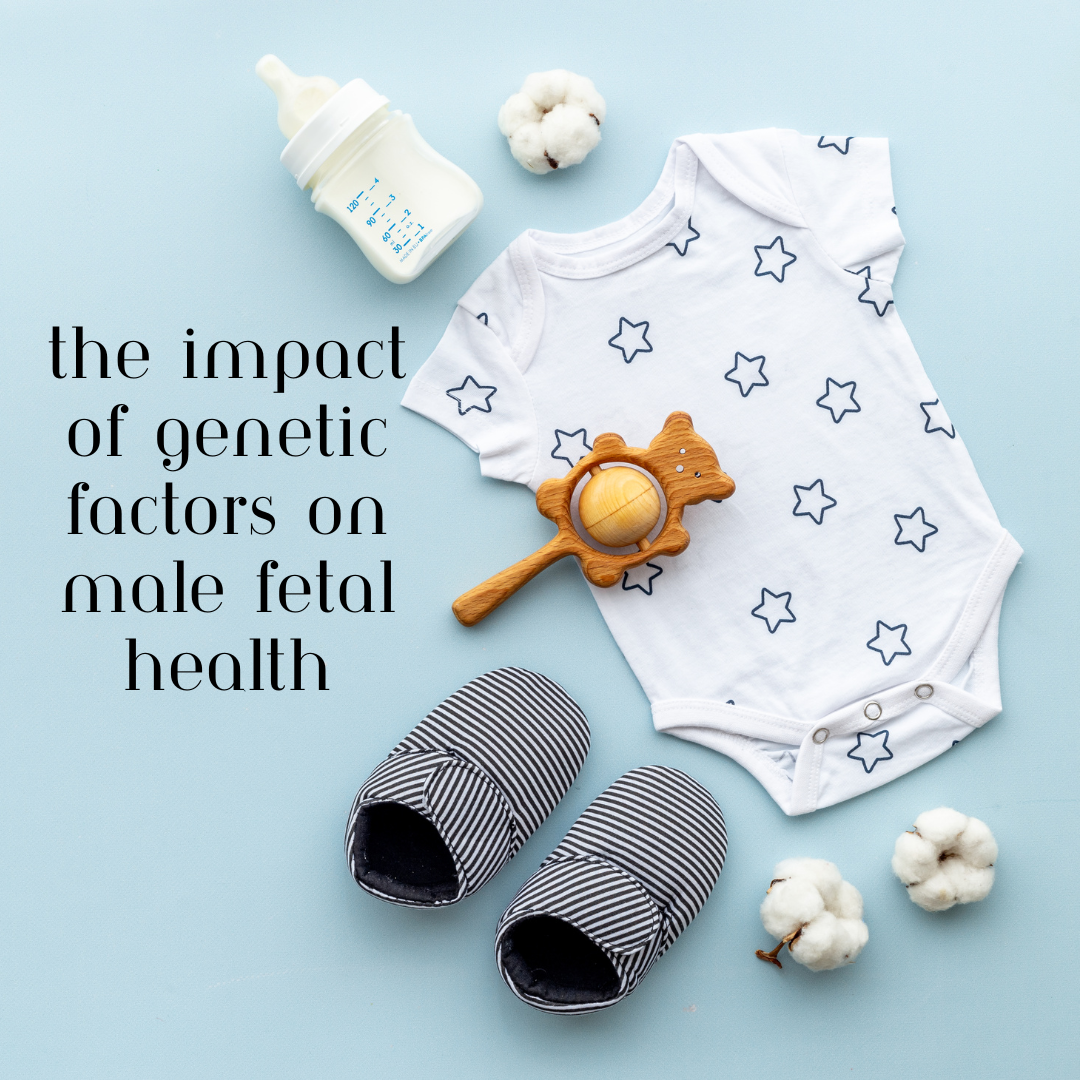Genetic factors play a crucial role in determining the health and development of male fetuses. Every fetus inherits a unique set of genes from both parents, which influences everything from physical appearance to susceptibility to certain diseases. In male fetuses, the presence of the Y chromosome and specific genetic markers can significantly impact development, influencing characteristics such as height, strength, and even cognitive abilities.
The Y chromosome, which is unique to males, carries genes that are essential for the development of male reproductive organs. Mutations or abnormalities in these genes can lead to conditions such as Klinefelter syndrome or Turner syndrome, which can affect overall health and development. Additionally, genetic factors can influence the risk of developing conditions like hemophilia and color blindness, which are more common in males due to their inheritance patterns.
While genetic factors are inherited, environmental influences and prenatal care can modify their expression. For instance, ensuring a healthy maternal diet and avoiding exposure to toxins can help mitigate some genetic risks. Understanding the role of genetics in male fetal development allows for better prenatal care and early intervention strategies, ensuring optimal health outcomes.

